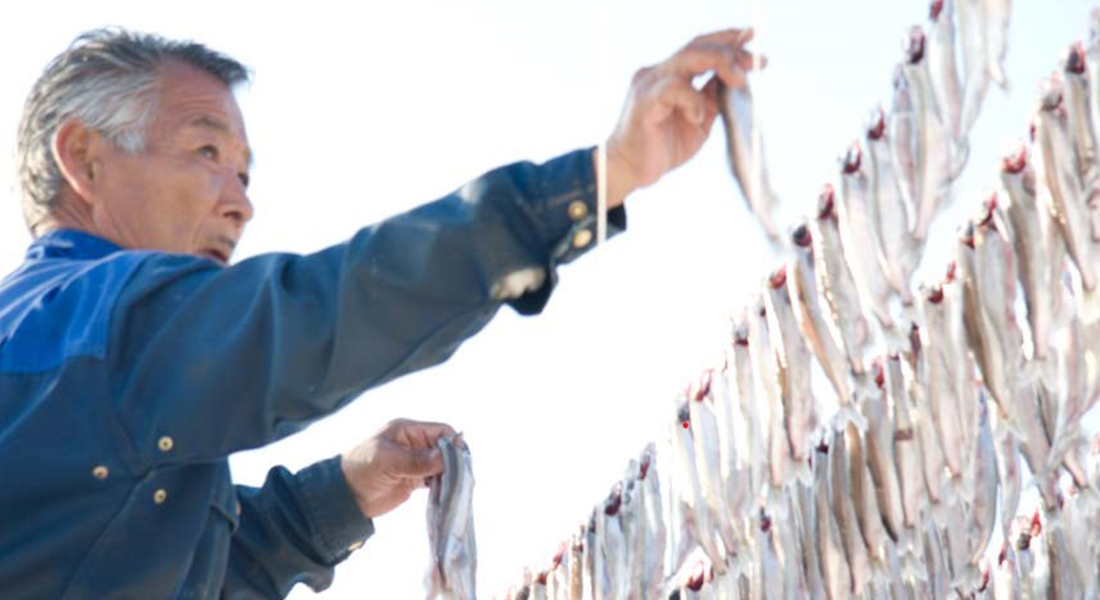Work Package 1: Climate change implications for biodiversity and the welfare of Greenland’s traditional hunters and fishers

(Photo: Martin Reinhardt Nielsen)
Work Package 1 assess the implications of climate change for biodiversity and the welfare of Greenland’s traditional hunters and fishers.
People in smaller settlements along the coast of Greenland depend partly or entirely on hunting and small-scale fishing for food-security, health and income. However, quantitative assessments of the importance of hunting and fishing in Greenland are scarce and particularly the subsistence component is not visible in national income assessments. Historically, people have been able to shift to relying on other species when populations declined or management regulations tightened. However, such adaptive strategies are becoming increasingly constrained by climate-induced changes. Reduced hunting and fishing yields, because of climate change, conservation initiatives or both, may, therefore, severely affect the material wealth and general well-being of hunting households without being detected in national income statistics.
Overall objectives include:
- quantifying reliance on wildlife and fish at the household and national economic level
- assessing welfare implications in future scenarios of biodiversity change and development in other sectors
- making maps facilitating optimisation of strategic investments in social services.
The usefulness of Community Based Monitoring data will be explored to achieve this in a context of limited scientific data on population trends exploring the correlation between user generated data and scientific population surveys, and hence its usefulness as cost-effective indicators of biodiversity trends and input to biological advice on hunting and fisheries quota allocation. Information on species-specific vulnerability will be synthesised and forecasts for selected wildlife and fish populations made as input to regulations. Predictions will be made on likely prey target shifts of hunters and fishers as a result of regulations and climate change identifying species likely to come under increased pressure.
